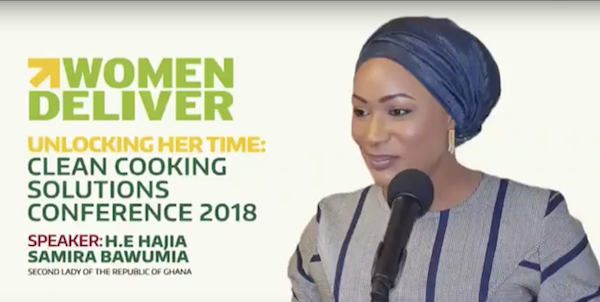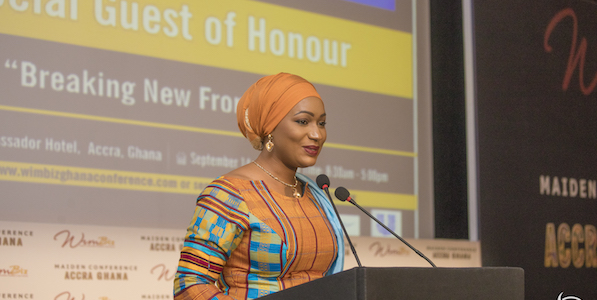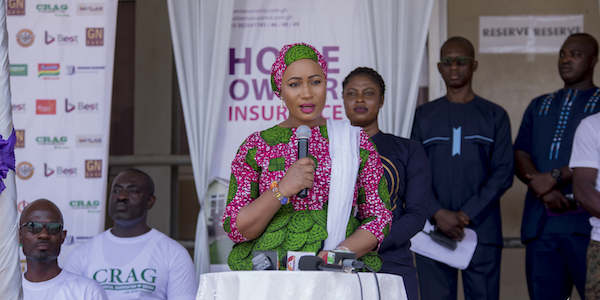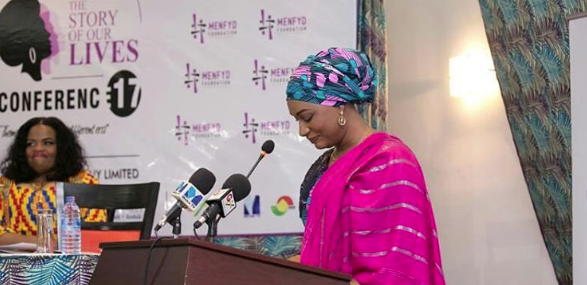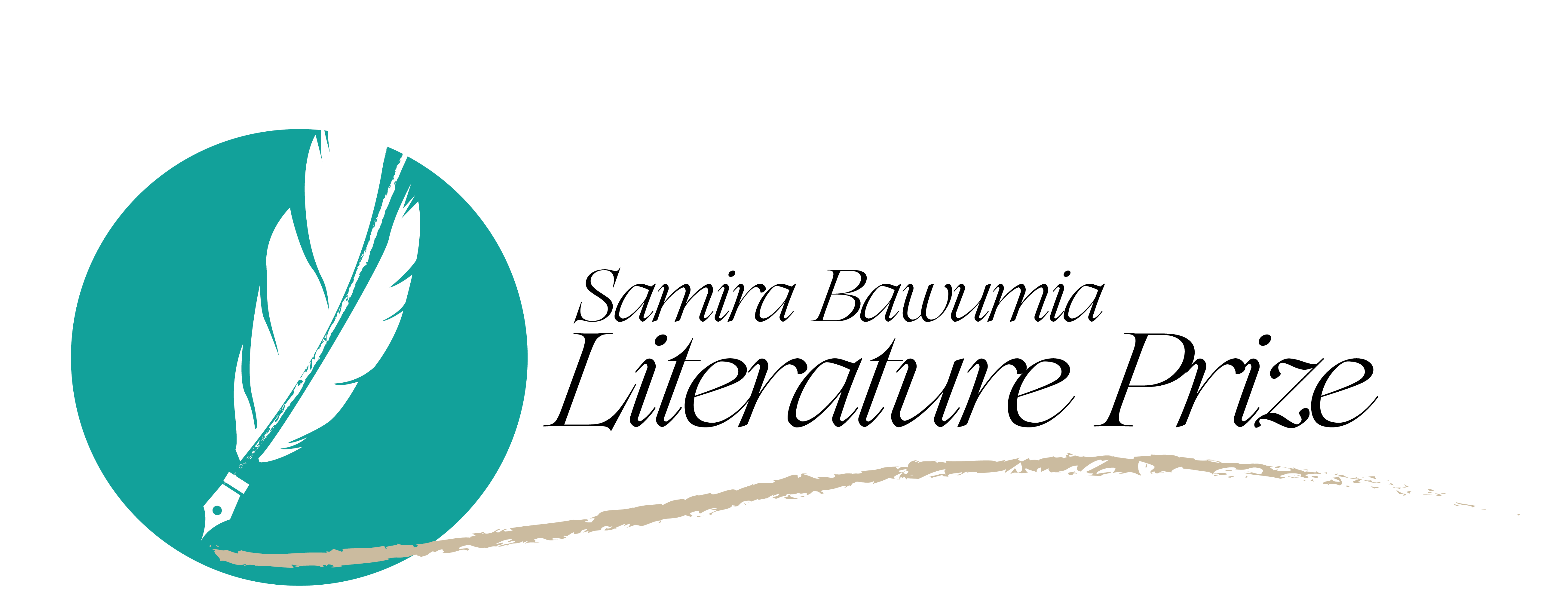Hon. Otiko Afisa Djaba, Minister of Gender, Children and Social Protection
Hon. Alima Mahama, Minister for Local Government and Rural Development
Hon. Dr. Matthew Opoku Prempeh, Minister for Education, UNICEF Representative, traditional leaders, our Development Partners, heads of various Government and Non-Government Organizations, Members of the media, my dear children, ladies and gentlemen, all protocol duly observed.
I am very grateful for the opportunity to be part of this all important event which concerns our children who are the future of this country. Given that I am a mother myself, issues of children remain of paramount interest to me, reason for which I count my presence here as a privilege.
Child abuse remains a very pertinent issue of national concern, given the many instances of child abuse cases that are reported each day, and the many more that go unreported.
Available data on the issues of child abuse paints a picture that is unacceptable, particularly because we are aware of the adverse circumstances on the physical, mental, psychological and social well-being of the child. Perhaps, this will help all of us gathered here to come to terms with the need for a concerted effort at reducing the child abuse menace, which is fast derailing efforts at children development.
It is also my considered opinion that our presence here today to support this rather laudable initiative will find meaning once we know the implications of the statistics on child abuse cases.
Media reports regarding cases and instances of child abuse, particularly sexual abuse indicates its prevalence in recent times. Adolescent girls face high levels of sexual and gender based violence and exploitation which are often a direct reflection of their low status in the community and their increased vulnerability due to gender socialization, economic dependence and lower educational experience.
More than 38.2 per cent of adolescent girls aged 15-19 are reported to have experienced at least one act of sexual violence. Child labor data indicates some 1.9 million children affected. While we continue to hear the stories around the trafficking of children on the Volta lake and elsewhere.
Analysing child discipline cases from 35 Multiple Indicator Cluster Surveys and Demographic and Health Surveys conducted in low- and middle-income countries in 2005 and 2006, UNICEF in a 2010 report ranked Ghana as having the seventh-highest rate of children aged 2 to 14 who had experienced violent discipline in the past month.
In a subsequent report, UNICEF indicated that over 90% of children in Ghana have reportedly experienced some form of violence either at home or in school.
Cultural, social and economic factors have usually been attributed to the increasing cases of child abuse in Ghana. The fact still remains that there is never a good justification for which a child should be sexually abused, married off before they are 18 years or even sold for any amount of money.
As Nelson Mandela rightly put it – “Any society which does not care for its children is no nation at all”.
As a country which has attained middle income status and wanting to do even more for its people, the practices that undermine the survival, development and protection of our children should be addressed with all the seriousness it deserves.
While condemning the violations against our children, I would like to reaffirm government’s unflinching commitment to supporting efforts at reducing all forms of child abuse cases in the country. Thus, the government of President Nana Addo Danquah Akufo-Addo, who has recently been named AU “Gender Champion” remains resolute in the support of any initiative that will ensure that the children of this country are protected from any form of abuse of their rights and their protection.
It is in light of this that I commend the collaboration between the Ministries of Gender, Children and Social Protection, the Local Government and Rural Development as well as Education to develop and launch this campaign.
I acknowledge UNICEF Ghana and other development partners including the Government of Canada and others for their role in helping to strengthen the child protection system in Ghana.
Indeed, your sustained efforts in uniting forces in the fight against all forms of child abuse is highly commendable and while I laud this initiative, which I am proud to be a part of, I would like to re-affirm my commitment.
I will continue to support efforts that ensure the safety and wellbeing of Ghanaian children. Our communities and homes should be safe from any form of violence, abuse and exploitation or any other form of maltreatment of children in Ghana.
I would therefore like to call on families and other agencies of socialization to take a leadership role in protecting the interest and rights of children and reporting abuse of any kind.
I have no doubt that our able community, traditional and religious leaders will continue to act as the gate keepers in keeping all forms of child abuse at bay.I am convinced that laudable initiatives by our Government and development partners, such as today’s launch, will go a long way to ensure Ghana inches closer towards achieving the sustainable development goals that relates to child protection and human capital development.
Indeed, I am proud to say from today that I am a Ghanaian against Child Abuse. I am a GACA.
Before I take my seat, I will like to express appreciation to our development partners particularly UNICEF for their immense contributions to socio-economic development of the country.
I thank you all for your presence and attendance and hope that the campaign to end child abuse launched in this room will be carried to every home, community and place in this country.
Let us not rest on our oars till every child is safe from violence, abuse and exploitation.
Thank you and God bless you. God bless every Ghanaian child our God bless our nation Ghana.
On this note, I am pleased to declare the social drive campaign to protect the Ghanaian child duly launched.


